How Schaeffler transforms
its production sustainably.
The Schaeffler plant in Kappelrodeck impressively demonstrates how investments in sustainability can be economical and efficient. With an innovative cooling concept based on the natural refrigerant R290 (propane), the company is transforming its production towards CO2 neutrality. The new central cooling system improves energy efficiency and ensures stable climatic conditions, which are crucial for precision in metalworking. The close cooperation with the refrigeration technology partner technotrans illustrates how well thought-out energy management and the recovery of process heat contribute to sustainable operations.
The aim for the plant in Kappelrodeck: To be the first CO2-neutral factory.
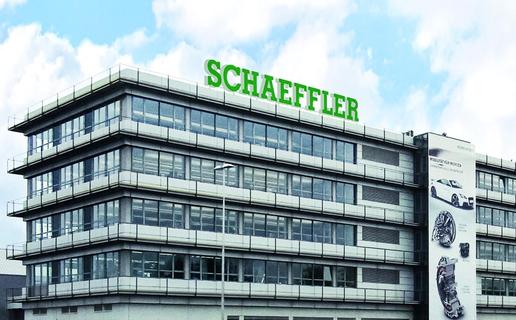
Schaeffler group
The Schaeffler Group, headquartered in Herzogenaurach, is one of the world's largest family-owned companies with around 84,000 employees. The Group is active in three divisions: Bearings & Industrial Solutions, Vehicle Lifetime Solutions and Automotive Technologies.
The plant in Kappelrodeck specializes in the development and construction of tools for manufacturing, including stamping and forming tools as well as fixtures for production. A key focus of this division is on the transformation of mobility towards climate-friendly drive systems - from e-bikes to commercial vehicles and sports cars.
Challenge// The Schaeffler factory in Kappelrodeck needed a central cooling concept to sustainably improve production conditions and switch to natural refrigerants. The existing, climate-damaging cooling units were to be replaced with an efficient and future-proof solution that would simultaneously reduce the space required and minimize operating costs. Particular attention was paid to the use of the natural refrigerant R290 (propane), which has a low global warming potential (GWP). The aim was to provide the cooling capacity as required and to make the waste heat from refrigeration usable for other processes in order to increase efficiency and sustainability at the site.
»We need absolutely stable climatic conditions in our production halls in order to rule out fluctuations in the accuracy of our metalworking machins.«
Andreas Glaser
Industrial Engineer at Schaeffler
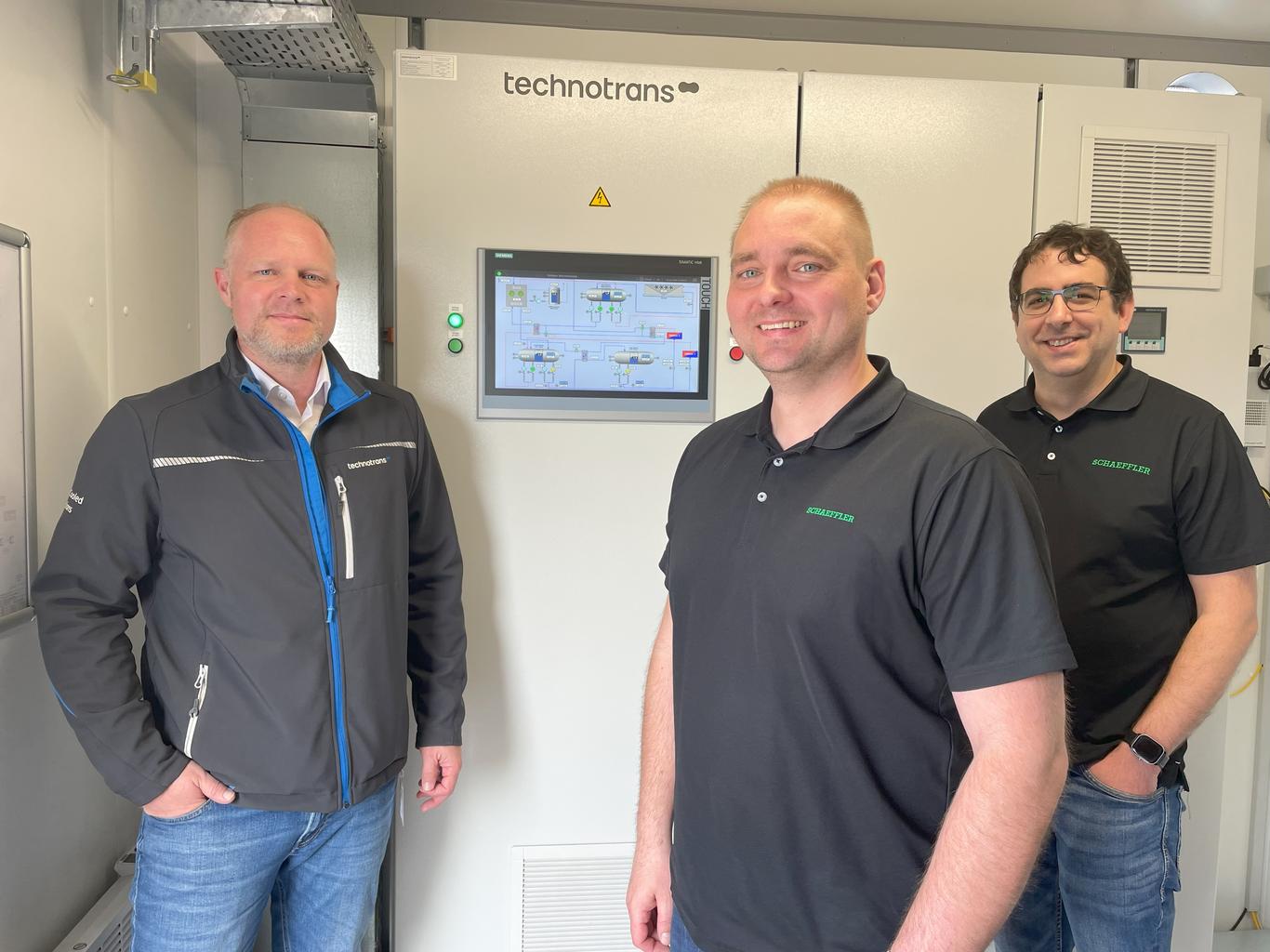
Perfectly thought-out energy management
Efficient cooling technology for optimized production
Initially, the challenges in energy management were identified by everyone: The waste heat from the cooling units was worsening the working environment and leading to machine breakdowns. The aim was to make sensible use of the heat from metalworking and reduce the number of cooling units, as the 70 compact units took up a lot of space and used refrigerants that were harmful to the climate.
The requirements for a new cooling concept with a central cooling supply and natural refrigerants were now clear. One of the biggest challenges was to determine the exact cooling requirements. By measuring the performance of the processing machines, they determined the requirements in a worst-case scenario and planned a system with an initial capacity of 270 kilowatts that could be expanded. This sophisticated planning optimizes energy consumption, improves the workplace climate and significantly reduces maintenance costs.
Future-proof solution
Naturally occurring refrigerant
As part of the development of a central refrigeration supply, companies are increasingly turning to individual solutions. An important aspect of this is the transition from environmentally harmful refrigerants to natural alternatives with a low global warming potential (GWP). Conventional refrigerants such as R407C or R134A have a much higher global warming potential than CO2, which is problematic in times of increasing environmental regulations. From 2027, new systems may only use refrigerants with a maximum GWP of 750, while government subsidies are already aimed at refrigerants with a GWP of less than 150. The stricter F-Gas Regulation means that refrigerants with a higher GWP are becoming increasingly expensive and difficult to obtain. The switch to natural refrigerants is therefore seen as a decisive step towards a sustainable and future-proof refrigeration supply in the industry.
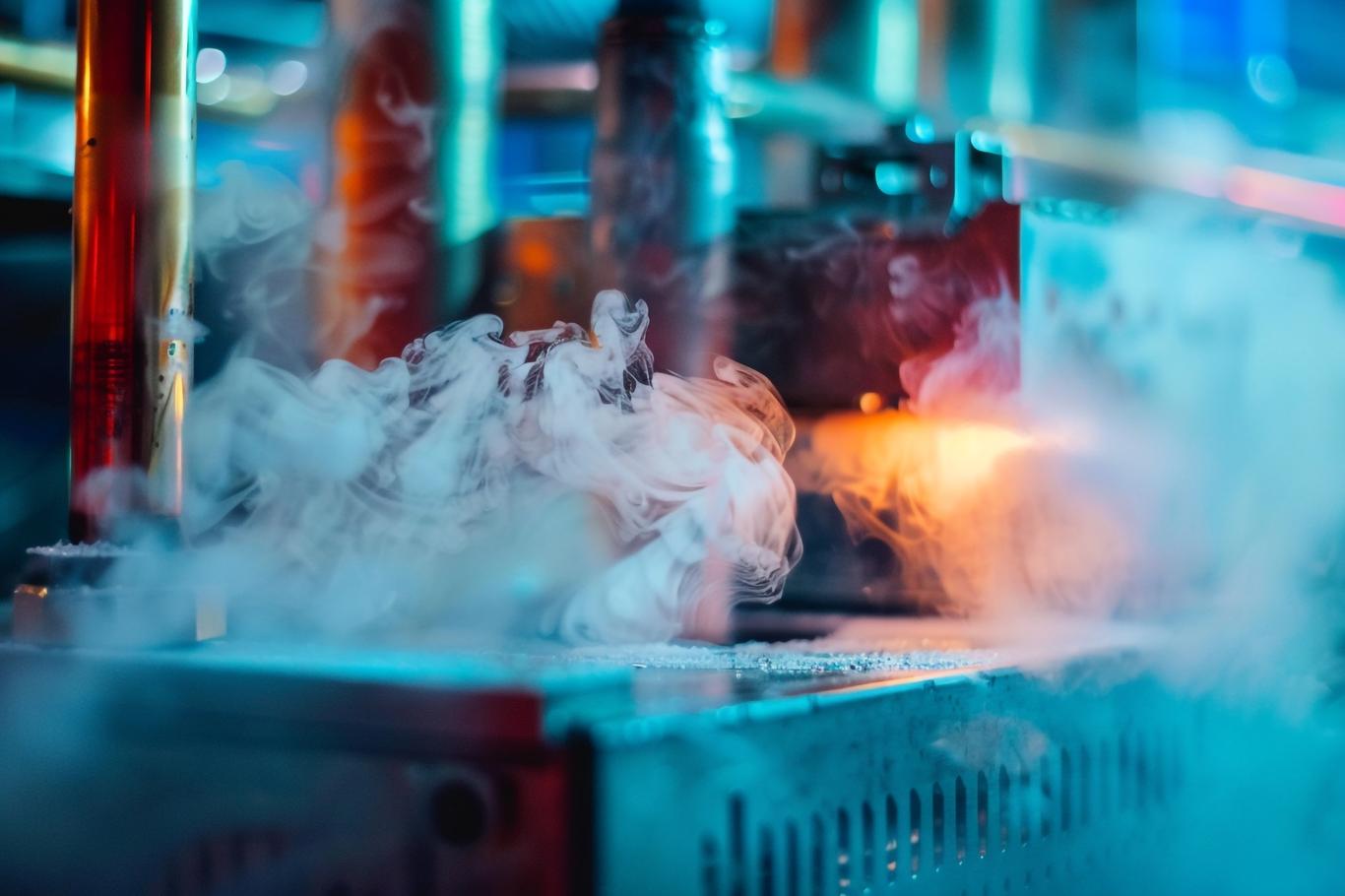
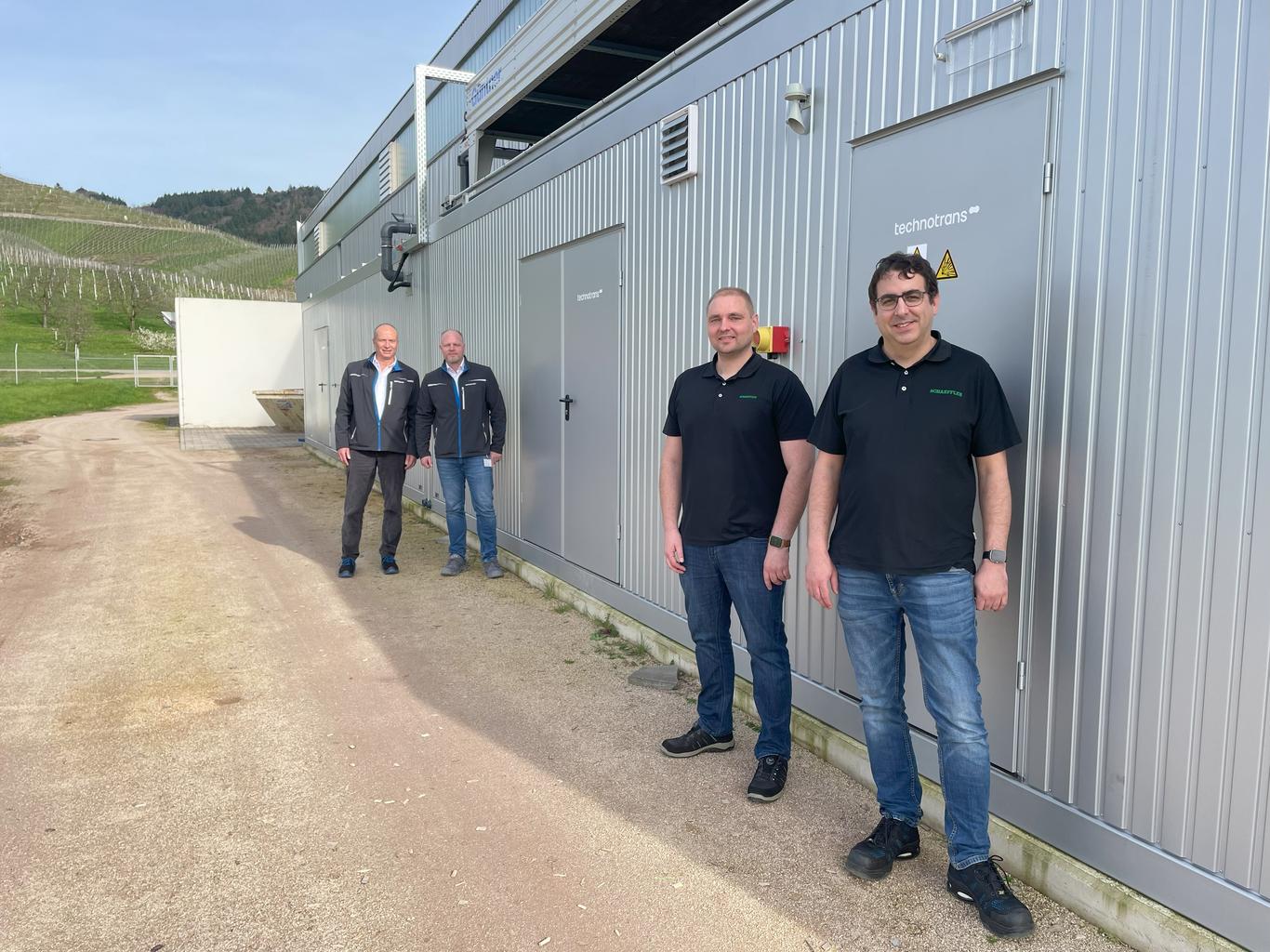
Innovative container solution maximizes space and safety
Technical room in overseas container makes it possible
Schaeffler chose the environmentally friendly refrigerant R290 (propane) with a GWP of only 0.02. Due to the risk of fire, this placed high demands on fire protection. The installation site of the system was challenging as there was a lack of suitable space in the production environment. technotrans suggested using an overseas container as a technical room to house the pumps, tanks and chiller. This meant that no production space was required in the building and the propane chiller is safely housed in its own area with a gas warning system. The solution is also flexible and expandable.
Sustainable heat optimization
Sustainable heat optimization
Production in Kappelrodeck is divided into three segments, with wire EDM requiring a cooling water temperature of 14 degrees Celsius, while milling and turning require 20 degrees Celsius. A lot of energy is saved by using both circuits. technotrans and Schaeffler optimized the heat recovery by using the 55 degrees Celsius waste heat from the central chiller as hot water for heating the building. This heat feeds a 3,000 liter water buffer. In addition, free cooling via glycol recoolers is used to relieve the refrigeration system in winter and dissipate excess waste heat in an environmentally friendly way, which also improves the hall's air conditioning.
Efficient installation and minimization of operating costs
Optimized installation reduces costs
The installation of the new refrigeration network required only brief interruptions to production, as technotrans installed pipelines in parallel and Schaeffler provided a rental refrigeration system. This meant that the central refrigeration system could be set up in the background and put into operation without further interruption. The pre-installed components in the container reduced the construction time considerably. Although the initial investment costs were higher, technotrans Schaeffler's operating cost-optimized planning enabled significant savings and subsidies. In addition, there are no maintenance costs for cooling units, and the more pleasant indoor air improves the working conditions of the employees.
A future choice!
The Bühl production site is pursuing the goal of saving almost 1.5 gigawatt hours of energy by 2024. Tobias Szargan emphasizes that the combination of intelligent control, refrigeration with natural refrigerant and heat recovery is unique to Schaeffler. The Group uses almost 100 percent green electricity, which means that no CO2 emissions have been generated from electricity consumption since 2020. A photovoltaic system on the hall roof in Kappelrodeck is intended to increase the company's own generation of renewable energy. The aim is to replace the natural gas-powered heating system by using waste heat in order to establish Kappelrodeck as the first CO2-neutral site.
»We have already realized several projects together. technotrans is very customer-oriented and technically at the highest level. From kick-off to acceptance test, we always felt very well looked after«
Tobias Szargan
Energy Manager at Schaeffler
Production site Bühl
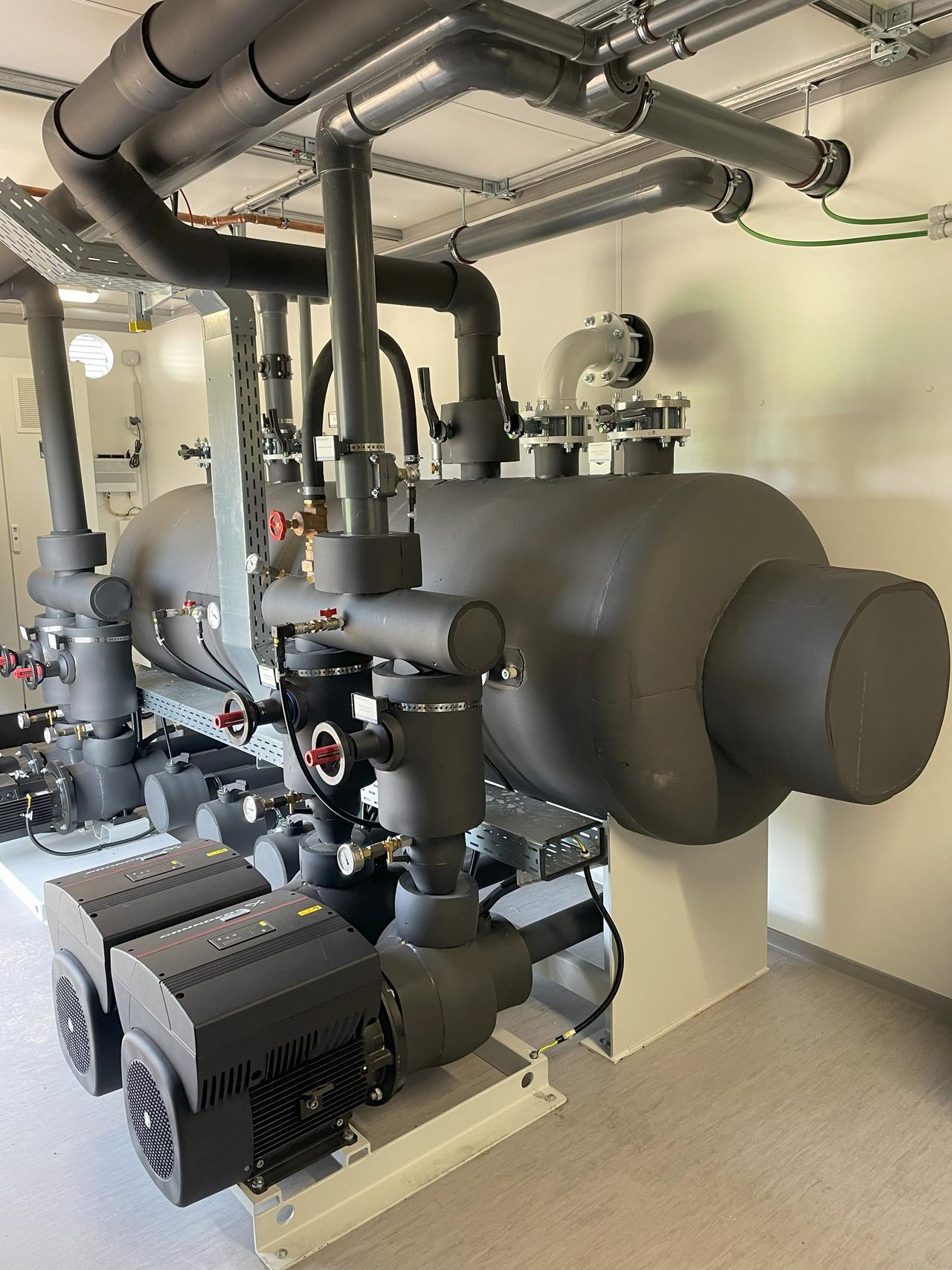
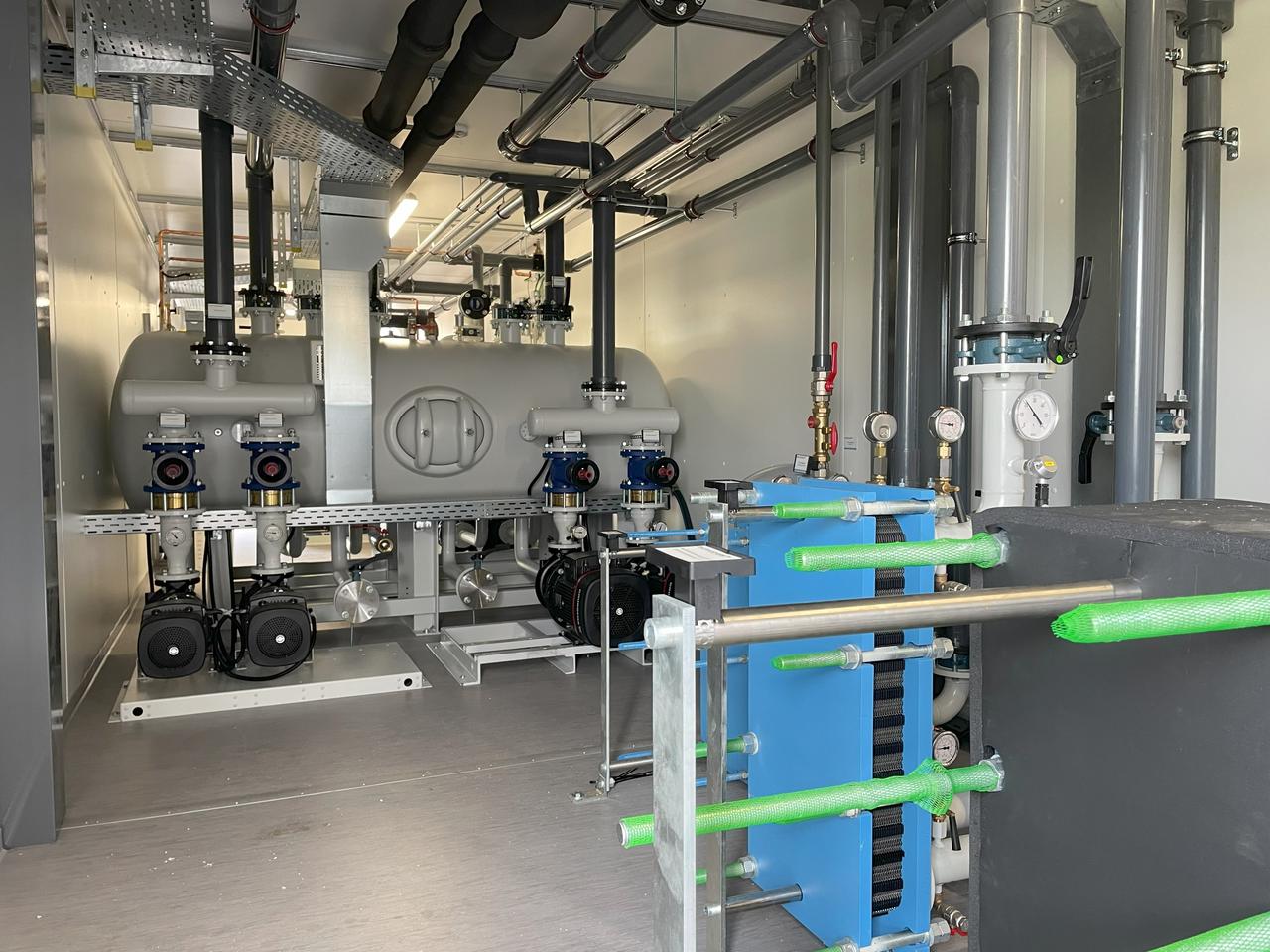
Click here for the complete press release - further information